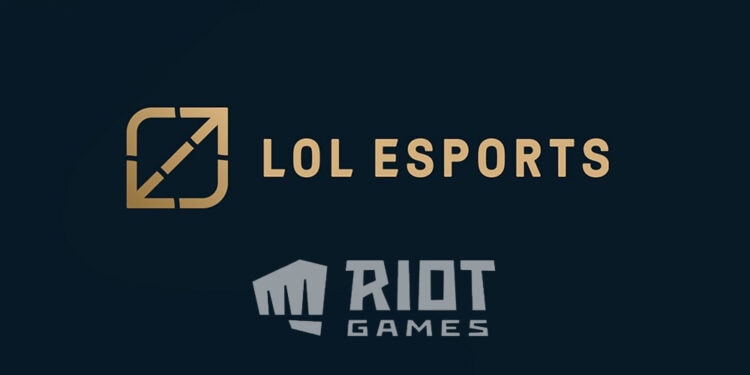Riot Games made a major announcement on Thursday related to powerful changes in revenue sharing for professional tier-1 teams participating in global League of Legends Esports. The announcement was made via a blog post written by Riot Games President of Esports John Needham, who oversees on a global basis League of Legends Esports, Valorant Champions Tour (VCT), and all of the company’s organized competitive initiatives for its slate of intellectual properties on PC and mobile platforms.
Needham announced a new business model for teams in its regional leagues including LCS, LEC, and LCK, as well as changes being worked on with stakeholders in LPL.
“Today, we are presenting a new business model to pro teams in the LCS, LEC, and LCK to reflect the changing reality of esports. We’re also working with the LPL on how their business model may evolve. The new model is closer to the one we’ve successfully implemented with the VCT – one with more predictable revenues for teams and financial upside driven by in-game digital items reflecting the support of LoL Esports fans across the globe. The changes we’re presenting to teams are intended to keep LoL Esports healthy and on a path to long-term sustainability. In this context, sustainability means that LoL Esports can generate enough revenue to cover the costs of Riot, our professional teams, and other stakeholders investing in our ecosystem while also providing an enduring career for our best players to compete professionally.”
Under this new model, LCK, LCS, and LEC teams will be paid a fixed stipend and share in revenue from LoL Esports digital content sales. Riot will create a “Global Revenue Pool (GRP) that aggregates digital LoL Esports revenue and allocates it to teams” via what it describes as three buckets:
General Shares: 50% of the GRP goes into General Shares and is allocated to Tier 1 teams.
Competitive Shares: 35% of the GRP flows into the Competitive bucket. These shares are allocated based on competitive performance and are split into two tranches: one based on regional league standings and the other based on international event placements.
Fandom Shares: The remaining 15% of the GRP goes into Fandom Shares. This bucket rewards teams for developing strong fandom for their players, leagues, and team brands.
The newly created GRP will distribute revenues across the complete Tier 1 ecosystem, in comparison, only the up to 30 teams participating in Riot Games’ international LoL events (the Mid-Season Invitational and the League of Legends World Championship) could participate in last season’s digital revenues.
Riot will also increase the standard esports revenue share percentage and the quantity of LoL Esports digital content released during competitive seasons, which will include products that teams can benefit from financially. The company also said that it will reveal details about “new digital LoL Esports products in development later this year.”
Finally, Riot said that—in addition to esports digital content revenue— it “will contribute 50% of other direct revenues (sponsorships, media, etc.) once Riot recovers its annual investment in LoL Esports.”
Riot also will open up new sponsorship categories for teams, though specific details were not disclosed at the time of writing.
Needham closed by expressing Riot’s commitment to the success of teams competing within the League of Legends esports ecosystem.
“Our commitment to delivering unforgettable gaming experiences is steadfast, and our investment in esports will remain unmatched in the industry. LoL Esports is the #1 esport on the planet, has a passionate community, the most recognized teams, the best players, and an unparalleled legacy. We intend to grow that position and future-proof it for current and future players. There will be more changes and adjustments along the way, always with the goals of elevating our games, serving our players better, and achieving ecosystem-wide sustainability for Riot Games and our partners.”
With Riot opening up the level of revenue it shares with teams, and offering more digital content related to esports with increased frequency, the League of Legends maker is doubling down on its LoL Esports franchising/partnership efforts in a bid to create a sustainable ecosystem for its esports program, teams, and players.
